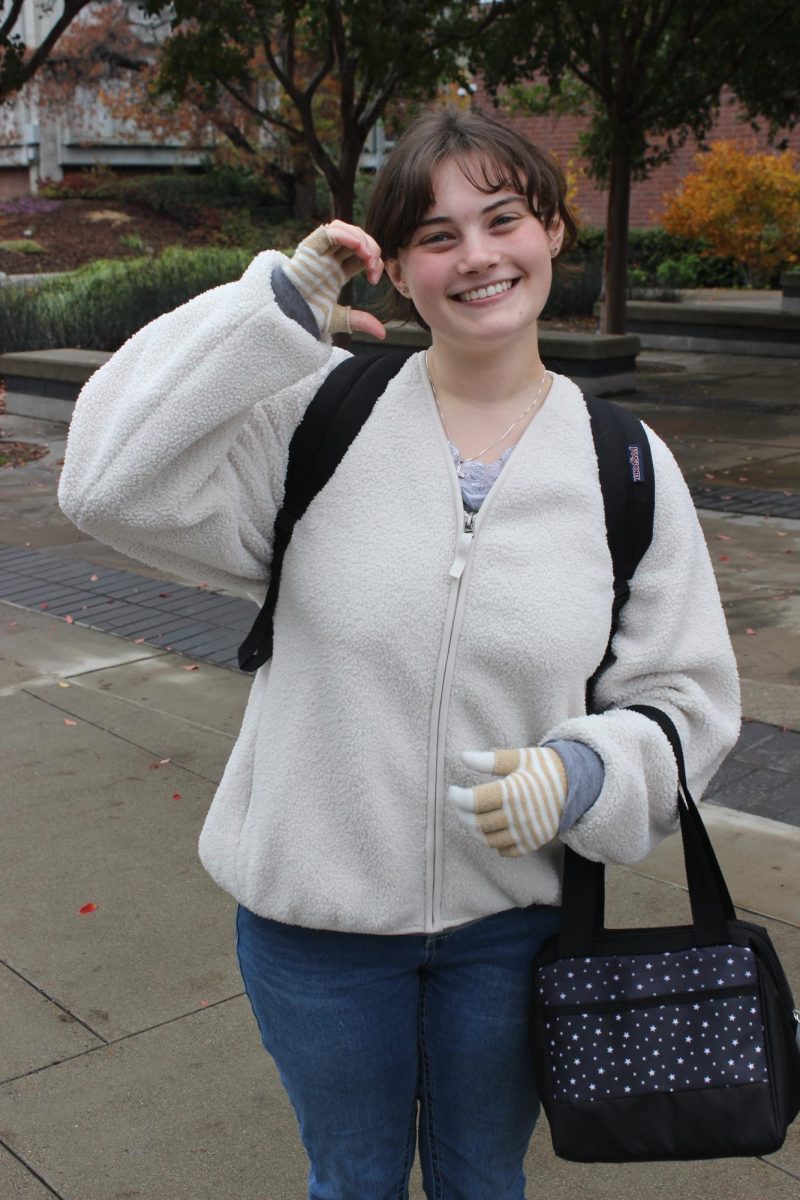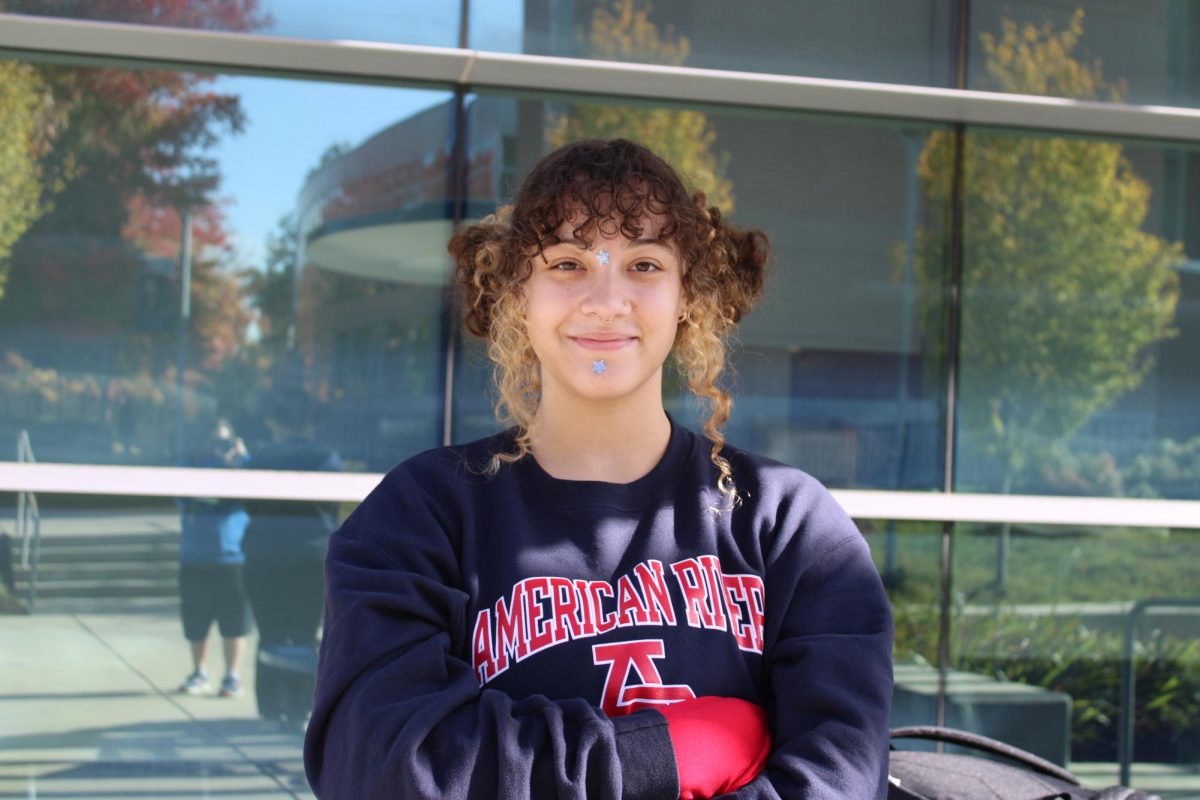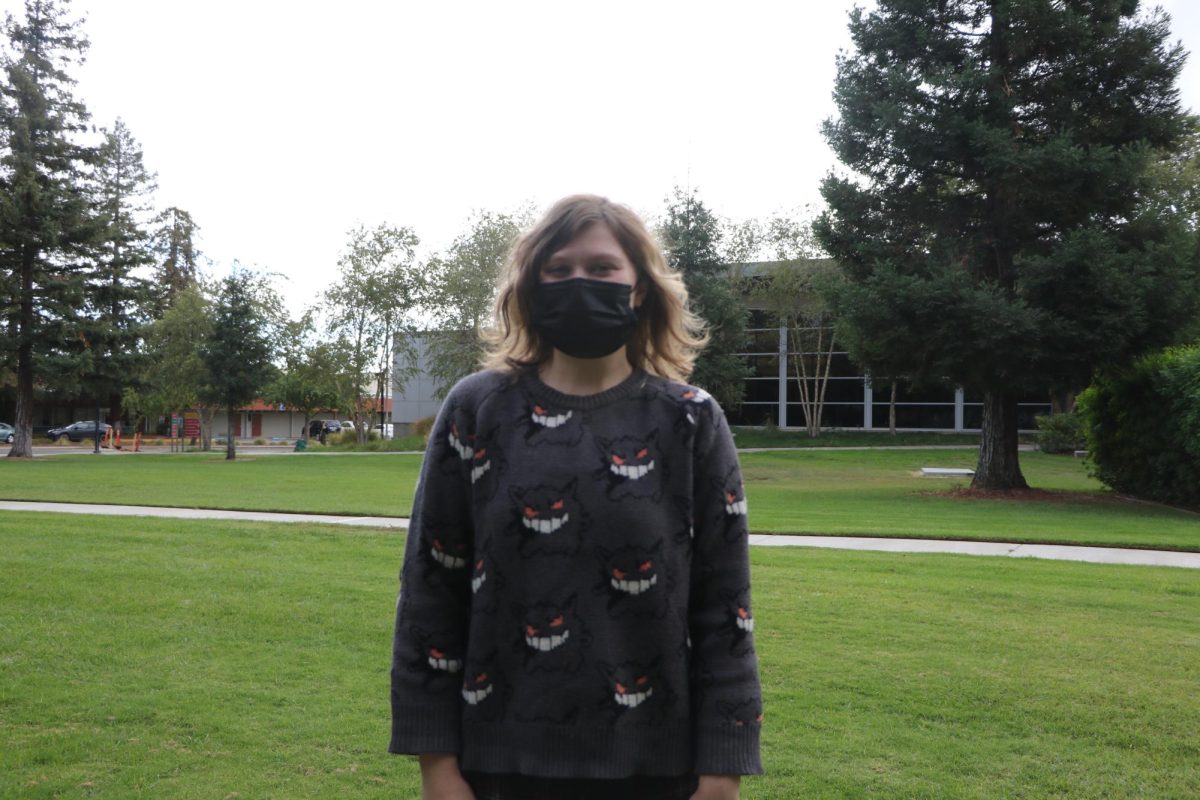Numerous studies have revealed that stress causes the human body to crave fat and sugar-laden foods. Students at American River College, often victims of stressful situations, believe they suffer the opposite effect. They point the finger at liquids or loss of appetite as the principle issue.
According to the website Psychology Today, people produce increased levels of cortisol in times of sudden danger. Stress replicates that feeling but maintains it for an extended period of time. This causes the human system to crave salty and sweet foods to alleviate the body.
Frequently referred to as “emotional eating,” it leads to unwanted weight gain and an unhealthy intake of foods. During anxious times, some people will bite their nails or grind their teeth. In other’s cases they will replace such habits by snacking on chips or drinking soda to give their mouth something to do.
ARCs nutrition department chairman, Dr. Marie Schirmer, believes a study cannot be relied upon when analyzing a person’s eating habits under times of stress. “Everyone varies so greatly and that person will also vary within themselves,” she said. “A person can sometimes eat healthily or sometimes not. It depends on the situation. They also may not eat at all.”
Freshman Alex Korogod, 18, agreed with Schirmer. “When I get stressed, I don’t really eat at all. I drink a lot of water,” Korogod said.
Many students don’t have time to watch their diets. “I have a packed schedule,” Freshman Joseph Gibbs said. “I just eat whenever I am hungry. I guess I eat more junk food than healthy but I definitely never eat excessively.”
Others suffer a loss of appetite. “When I am stressed I don’t eat at all. I just never get hungry. I regularly only eat at night”, said Vanessa Elliot.
Finals week could be the prime example of ARC students over-eating yet the most commonly purchased products during the week, according to cafeteria worker, Young Tioung, are not burgers or fries.
“What I see the most being bought are coffee drinks and energy drinks. Students want to keep themselves alert. People buy food but not nearly as much as (they buy) drinks.”







